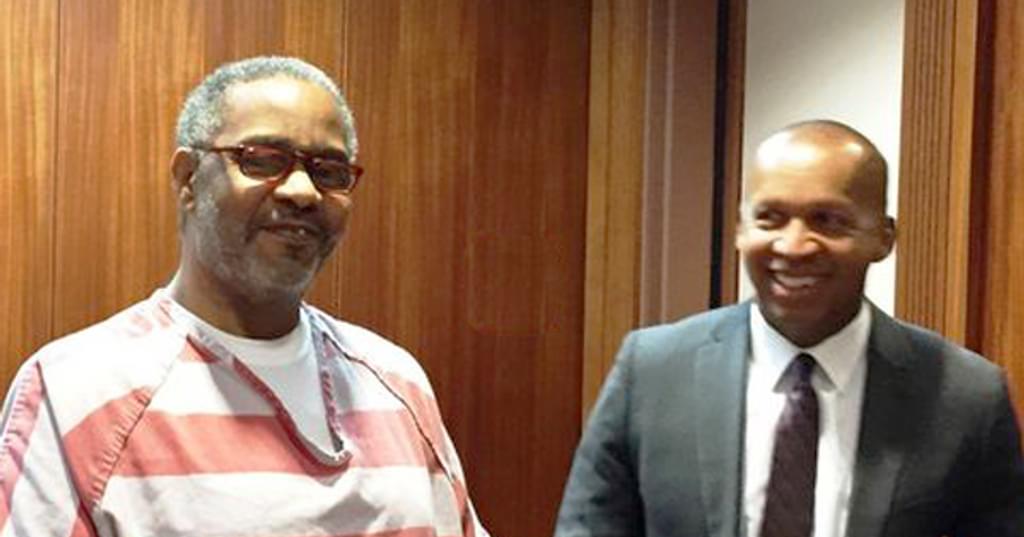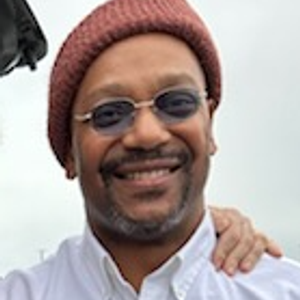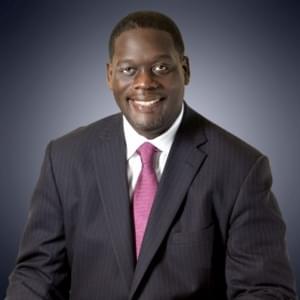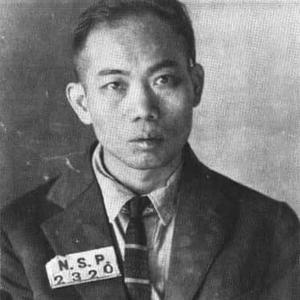
In an interview with Salon, Anthony Ray Hinton (pictured, l.), the 152nd death row exoneree, spoke about his wrongful conviction and spending 30 years on Alabama’s death row for a crime he did not commit. “They had every intention of executing an innocent man,” Hinton said. “If you’re poor and black you don’t stand a chance.” Hinton spoke about the inadequate representation he received at his trial: “My ballistics expert was blind in one eye. He was paid $500. It came down to, ‘Who do you believe? The expert with one eye, or the state?’ The district attorney cross-examined my expert — he chewed him up and spit him out.” Hinton described conditions on death row as “a second hell,” adding, “[i]t’s not a place I would wish on my worst enemy.” Prosecutors in his case continued to push for death, even after national ballistics experts had exposed the invalidity of the forensic testimony they had presented against Hinton. “The DA that we have now seems like he doesn’t give a damn about a man being innocent,” Hinton said. “When you have a death row case, you have to make 100 percent sure you have the right person.”
Hinton’s appeal lawyer, Bryan Stevenson (pictured, r.), said “[r]ace, poverty, inadequate legal assistance, and prosecutorial indifference to innocence conspired to create a textbook example of injustice” in this case. Asked what he plans to do now that he is free, Hinton said he wants to tell his story. “I would like to tell people about what happened to me and share my experience with anyone willing to listen. Hopefully, I can save one person from going to death row.”
(M. Otiko, “Falsely convicted death-row survivor opens up: ‘They had every intention of executing an innocent man’,” Salon, May 4, 2015.) See Innocence.
Innocence
Mar 01, 2024

Death-Sentenced Philadelphia Prisoner Daniel Gwynn Exonerated After Nearly 30 Years
Innocence
Feb 23, 2024



